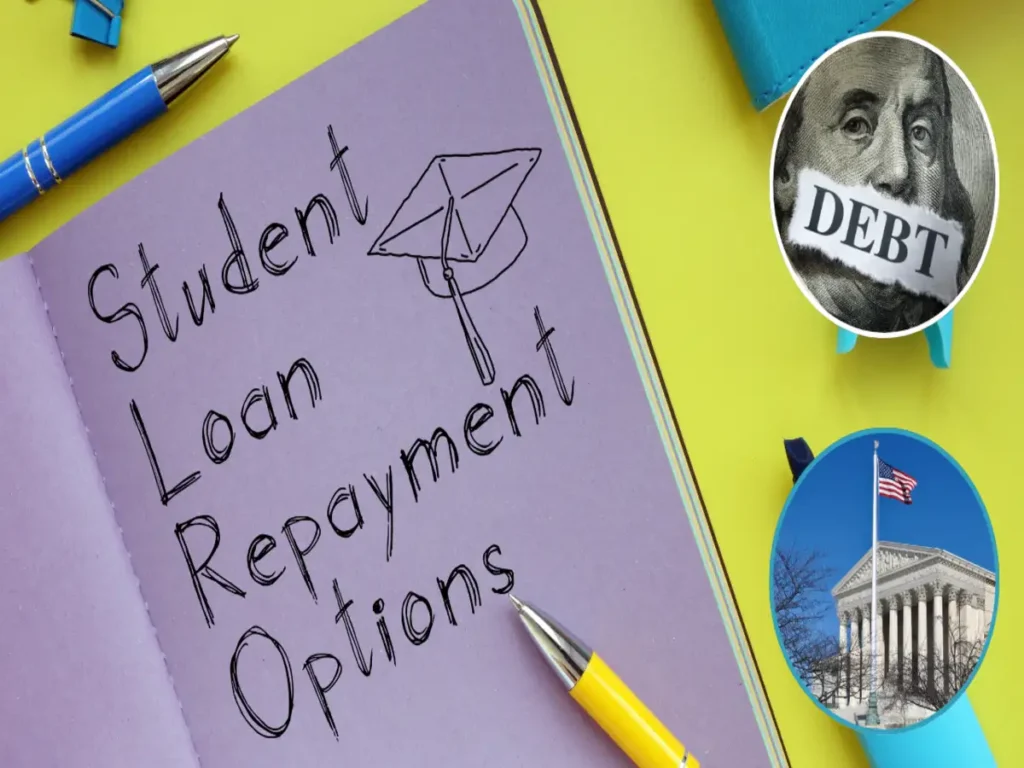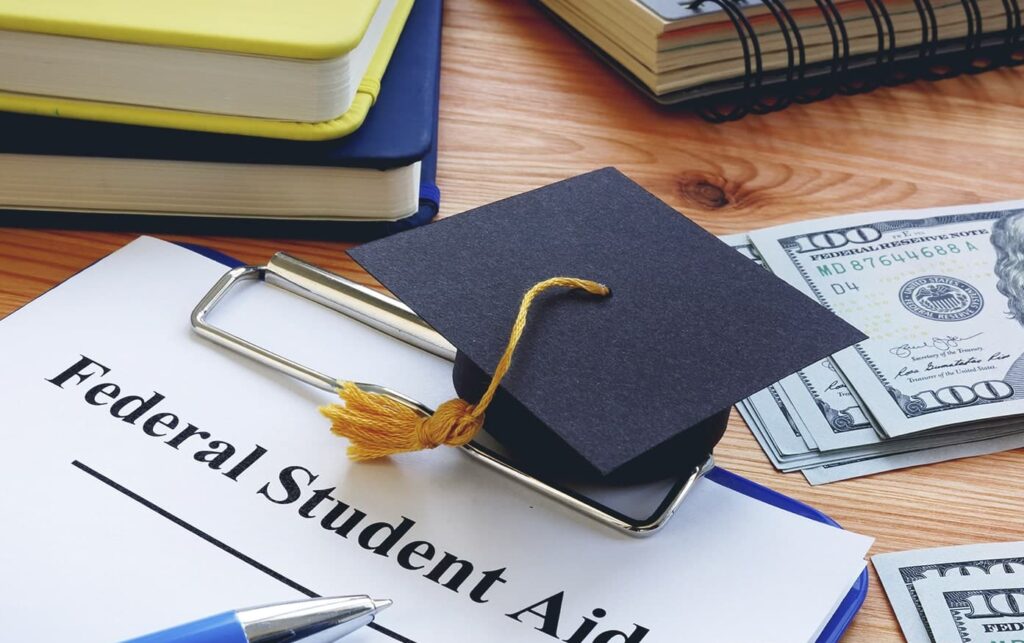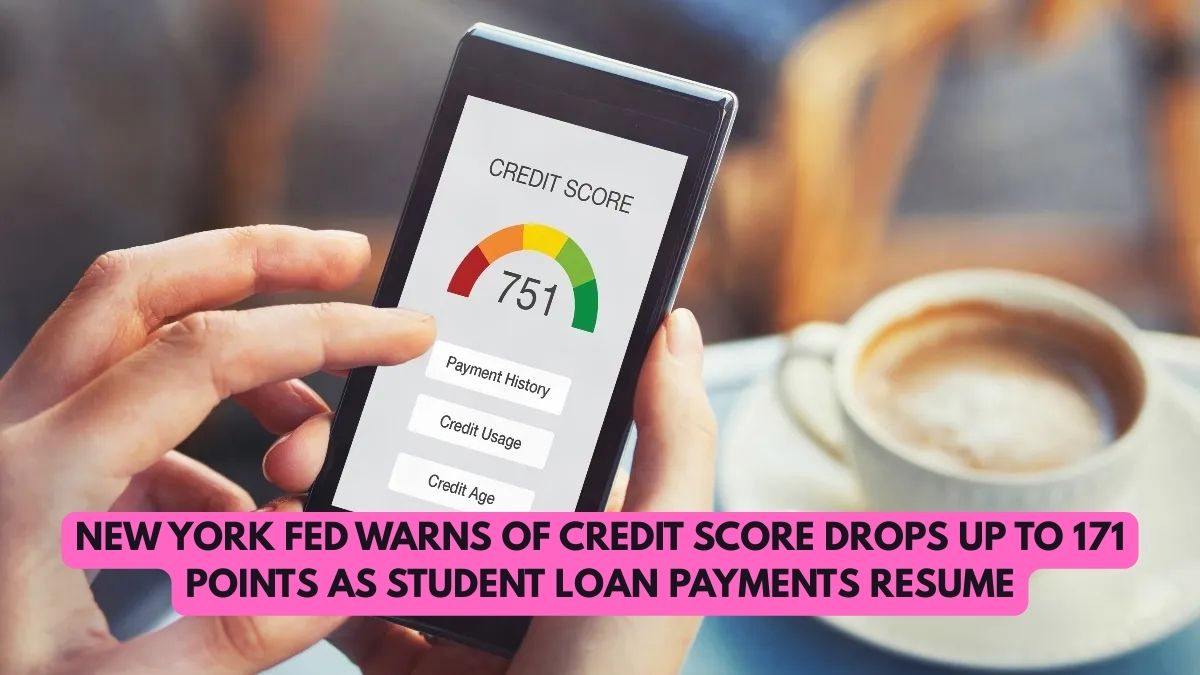After a multi-year pause brought on by the COVID-19 pandemic, the U.S. Department of Education is set to resume student loan collections on May 5, 2025—a shift that’s expected to deeply impact borrowers’ credit scores, financial stability, and even government benefits.
What’s Happening?
Starting May 5, federal loan servicers will restart collections on defaulted student loans, affecting over 5 million borrowers already in default and more than 9 million behind on payments but not yet in default.
This move ends a historic pause that had protected borrowers from credit damage, garnishment, and financial penalties for nearly five years.
How Credit Scores Are Affected

A recent report from the Federal Reserve Bank of New York warns that credit scores could plummet once missed payments are reported again to the three major credit bureaus—Experian, Equifax, and TransUnion.
- Superprime borrowers (those with excellent credit) could lose up to 171 points.
- Subprime borrowers may see a drop of approximately 87 points.
These changes don’t just affect borrowing power. A lower credit score could make it harder to:
- Rent an apartment
- Buy a car or home
- Get approved for a credit card or favorable loan rates
The Risk: More Than Just Credit Scores
Borrowers who fall into default may also face serious financial penalties through the Treasury Offset Program, which enables the federal government to:
- Garnish wages
- Withhold tax refunds
- Deduct from Social Security checks
A Silver Lining: How to Improve or Maintain Your Credit
It’s not all doom and gloom. According to credit scoring agency VantageScore, borrowers who resume payments on time may actually see modest credit score increases—up to 8 points in some cases.
Making consistent, on-time payments improves your payment history, which is the largest factor in credit scoring models like FICO and VantageScore.
What If You’re Already in Default?
Borrowers who have already defaulted have two main paths toward rehabilitation:
1. Loan Consolidation
Combine your federal loans into one new loan. To qualify:
- Make three consecutive on-time payments
- Or enroll in an income-driven repayment (IDR) plan
This brings your loan out of default, but:
- The default history remains on your credit
- Interest accrued is added to the balance
2. Loan Rehabilitation
A longer but credit-friendlier option. You:
- Make 9 monthly payments over 10 months
- Based on what’s “reasonable and affordable”
This removes the default status from your credit report and does not add interest to your loan balance. However, rehabilitation can only be done once.

Steps to Take Now
If you’re unsure of your loan status or are behind on payments, here’s what you should do:
- Log in to your account at StudentAid.gov to review your loan and servicer details.
- Contact the Default Resolution Group at 1-800-621-3115 for rehabilitation or consolidation help.
- Sign up for Income-Driven Repayment Plans (IDRs) which cap payments based on your income.
- Set up automatic payments to avoid missed deadlines and potential credit damage.
Final Thoughts
The return of student loan repayments marks a critical financial moment for millions of Americans. While it brings risk, especially for those in default, it also offers a path to rebuild credit and regain financial control.
Whether you’re making payments for the first time in years or seeking to recover from default, acting early is the best way to protect your future credit health.
Stay informed, seek help if needed, and take advantage of government programs that can ease your repayment journey.
This article has been carefully fact-checked by our editorial team to ensure accuracy and eliminate any misleading information. We are committed to maintaining the highest standards of integrity in our content.

Deepak Grover is a dedicated content writer at OTE News, specializing in government affairs, public policy, and current events. With a keen eye for detail and a passion for factual reporting, he ensures readers receive accurate and insightful news. Deepak holds a degree in Political Science and has experience in research-driven journalism.
When not writing, he enjoys reading historical books, exploring hiking trails, and staying updated with global political trends. His commitment to ethical journalism makes him a trusted voice at OTE News.




